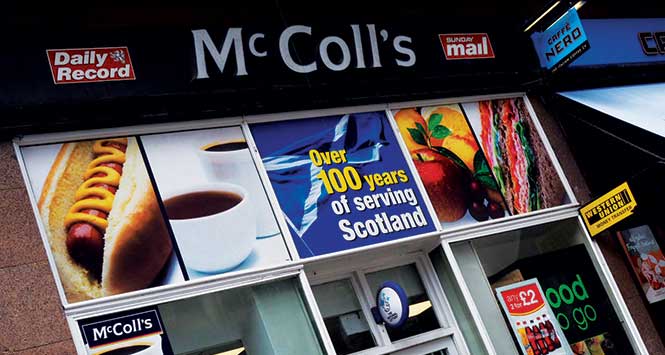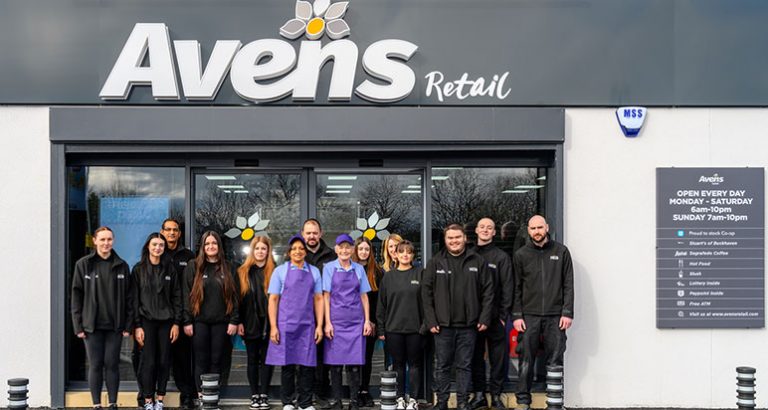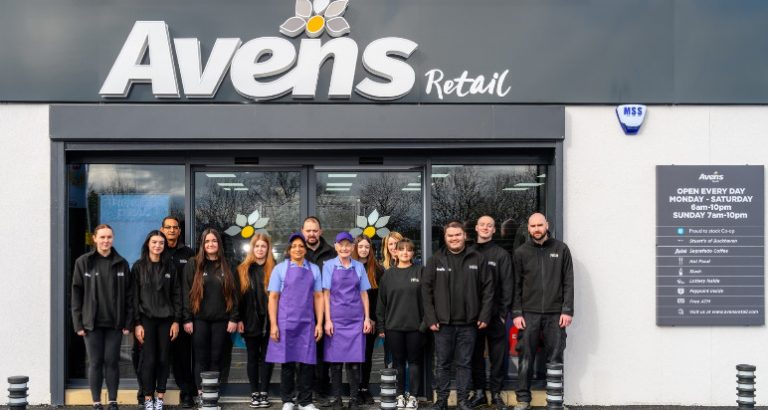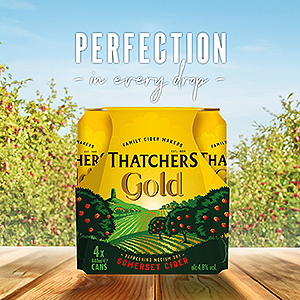The news that McColl’s has struck a £1bn sole supplier deal with supermarket Morrisons throws the future of large parts of the wholesaling industry into disarray with Nisa and P&H among those nearest the front of the firing line.
by Antony Begley
The news that McColl’s had signed a sole supplier agreement with supermarket Morrisons caught many off guard including, it seems, their existing key suppliers Nisa and Palmer & Harvey (P&H). It was widely known that McColl’s, which operates around 1,650 convenience stores and newsagents, was in the process of negotiating with several potential suppliers but Nisa Chief Executive Nick Read’s disappointment at how the tendering process had been terminated nine weeks early clearly indicates the deal came as a surprise to him.
The ramifications for both the wider wholesaling and local retailing industries are profound, particularly with the merger of Tesco and Booker rumbling on in the background and the prospect of a takeover of Nisa by Sainsbury’s making lots of column inches in both the trade and national press. Where does that deal lie now with Nisa set to lose 35% of its turnover?
Following a series of high profile flops in the convenience store sector by the major mults, it wasn’t that long ago that the big boys seemed to have lost their passion for small stores. The peak of that episode was arguably Morrisons M-Local experiment which, after huge investment, was flogged off at a bargain basement price – £25m for a chain of 140 stores – only for the My Local business (as it became) to collapse completely less than a year later. Unsurprisingly, it then all went quiet for a while.
But that peace was shattered in January this year when Tesco announced the Booker deal, triggering a tidal wave of activity in board rooms across the country as Tesco’s rivals hatched plans to prevent them losing ground to their great competitor.
It quickly emerged that Sainsbury’s had started sniffing around Nisa, a business still in a weakened position after the Costcutter split in 2013 and the collapse of major customer My Local. In the ensuing turmoil, McColl’s appeared to be opportunistically attempting to leverage its position as Nisa’s largest customer to try to make Sainsbury’s sweeten its £130m proposed takeover deal.
That conversation plainly didn’t play out as McColl’s Chief Executive Jonathan Miller had hoped, culminating in last month’s shock announcement that the chain was ditching both Nisa and P&H (who supplied McColl’s with tobacco) in favour of a £1bn sole supplier deal with Morrisons. The attractions for both parties are obvious. Morrisons gets to return to convenience through the back door, literally and metaphorically, without the hassle of actually running shops, while McColl’s gets a great fresh and chilled offer as well as “security and stability” – Miller’s words – which by implication were lacking in the existing Nisa and P&H supply agreements.
Perhaps less significantly, McColl’s also gets exclusive access to the Safeway brand that had been dormant since Morrisons bought the supermarket chain for £3bn around 13 years ago. Safeway’s re-emergence will be in the form of a range of 400 or so own label products carrying the Safeway badge, a brand that was historically popular in Scotland.
“There’s no question that McColl’s boss Jonathan Miller has done a great job of negotiating a really strong deal for his business,” commented Scottish Grocers’ Federation Chief Executive Pete Cheema. “The Morrisons deal gives McColl’s access to a fantastic chill and freeze range that will have a hugely positive impact for them and I’m sure that Morrisons’ experience in the convenience industry will also play an important role and help McColl’s develop as a retailer.”
The wider question however, said Cheema, is what the deal will mean to Nisa and P&H. A lot of retailers in Scotland are asking the same question, one of them being prominent Bellshill Nisa retailer Abdul Majid.
“We have been told that the McColl’s deal will have little or no bearing on how Sainsbury’s approaches the Nisa deal, given that a major element of that supply deal runs out next year anyway,” Abdul told SLR. “Having said that, we were told that a formal offer would have been submitted by Sainsbury’s by now – and we’re still waiting.”
Abdul says Nisa retailers and members are “stuck between a rock and a hard place” because neither of the two most likely outcomes of the current debacle are particularly attractive. He explains: “We either get taken over by Sainsbury’s and become a very, very small part of their business, or we don’t get taken over by Sainsbury’s and are left with a business that will instantly become 35% smaller when McColl’s transfers to Morrisons. We will lose a lot of our buying power and that could have a very profound effect.
“What Nisa retailers need is a clear statement from Nisa on what the future looks like. I, like many retailers, am very fearful of our future and what we need very quickly is clarity and stability and leadership to reassure us and allow us to continue investing in our businesses.”
Nick Read’s statement in the aftermath outlining how “with strong trading, our recently announced new bank financing, and several new business wins, we remain well positioned to provide a sustainable business model for the benefit of all our Members” may go some way to assuaging the concerns of Abdul and his fellow Nisa retailers.
But if the future looks challenging for Nisa retailers, those relying on P&H looks even bleaker. The UK’s biggest cigarette supplier made a loss of £6.6m on sales of £4.4bn last year and has already had to undergo a refinancing deal with JTI and Imperial Tobacco. The business reportedly must come up with another £50m ahead of a September deadline to service its debt.
This financial situation undoubtedly played a part in the McColl’s decision and the situation now looks to have gotten a whole lot worse for P&H. There is also the not insignificant question of what happens down the line when Tesco, P&H’s biggest customer of all, completes its merger with Booker. Even the most optimistic P&H executive would struggle to convince himself that Tesco will continue to buy cigarettes from what in effect becomes a competitor. Tesco has been at pains to point out that it will continue to buy from P&H but this may have more to do with mollifying the Competitions and Markets Authority to allow the Booker deal to go through than anything else.
And all the while there must be some interesting discussions going on at Costcutter too, a major client of P&H’s, and they must be keeping a very, very watchful eye on developments. “The inescapable conclusion is that there are more deals to come,” said SGF boss Pete Cheema. “There will be more twists and turns before this whole situation settles down and I would simply urge retailers not to rush into any impulsive decisions. It makes far more sense to let the situation develop and play out, then make decisions based on how the land lies at that point when everything will hopefully be a lot clearer for all concerned.”






